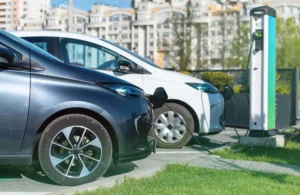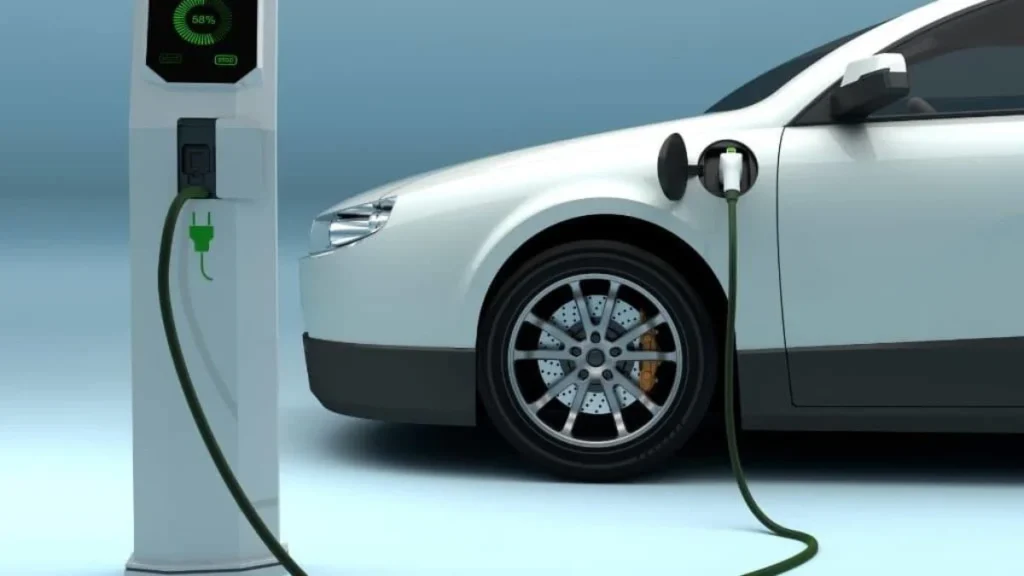In a bold move toward clean mobility, Nigeria has taken a significant leap with the launch of an electric vehicle (EV) assembly plant by Jet Motor Company. Located in Lagos, this facility is dedicated to assembling electric vehicles locally, marking a pivotal shift in the nation’s automotive industry. The plant is expected to boost domestic production, reduce reliance on fuel-powered transport, and accelerate the country’s participation in the global green economy.
Jet Motor Company, a pioneer in Nigeria’s electric mobility sector, unveiled the assembly line as part of its commitment to reducing carbon emissions and promoting technological advancement. The company has previously introduced electric buses and delivery vans tailored to Nigerian road conditions.
Local Production to Drive Accessibility and Affordability
By establishing a local EV assembly line, Jet Motor Company aims to significantly reduce the cost of electric vehicles for Nigerian consumers. Import duties, high logistics costs, and currency fluctuations have long made EVs unaffordable for many Nigerians. However, with parts now being sourced and assembled locally, the prices are expected to become more competitive.
This development could encourage more private individuals, corporate fleets, and government agencies to consider electric alternatives to traditional petrol and diesel vehicles.

Government Support and Sustainability Push
The federal government, through agencies like the National Automotive Design and Development Council (NADDC), has shown strong interest in supporting electric mobility. Policies are being designed to offer tax incentives, charging infrastructure development, and research funding to support the EV sector.
The assembly plant aligns with Nigeria’s broader climate goals under the Paris Agreement and its national ambition to transition to cleaner energy sources. With rising concerns over air pollution, fuel subsidy removal, and increasing global pressure for climate action, this shift is both strategic and timely.
Infrastructure Still a Major Challenge
Despite the progress, the path to widespread EV adoption in Nigeria still faces hurdles—particularly in terms of charging infrastructure and reliable electricity supply. Nigeria’s power grid struggles with inconsistencies, which could impact the usability of electric vehicles.
To address this, Jet Motor Company is partnering with renewable energy firms to deploy solar-powered EV charging stations in major cities. These decentralized stations could prove vital in ensuring that EVs remain functional and sustainable in areas with limited grid access.
A Growing Market With Regional Impact
Nigeria’s population of over 200 million, coupled with its growing middle class and urbanization, makes it a promising market for electric mobility. The launch of the Jet EV assembly plant may spark competition and attract foreign investment into the country’s green transport sector.
Moreover, as the largest economy in Africa, Nigeria’s successful transition to electric vehicles could influence policies and adoption rates across neighboring countries. Analysts predict that Nigeria’s move into local EV production could position it as a hub for electric vehicle technology in West Africa.






